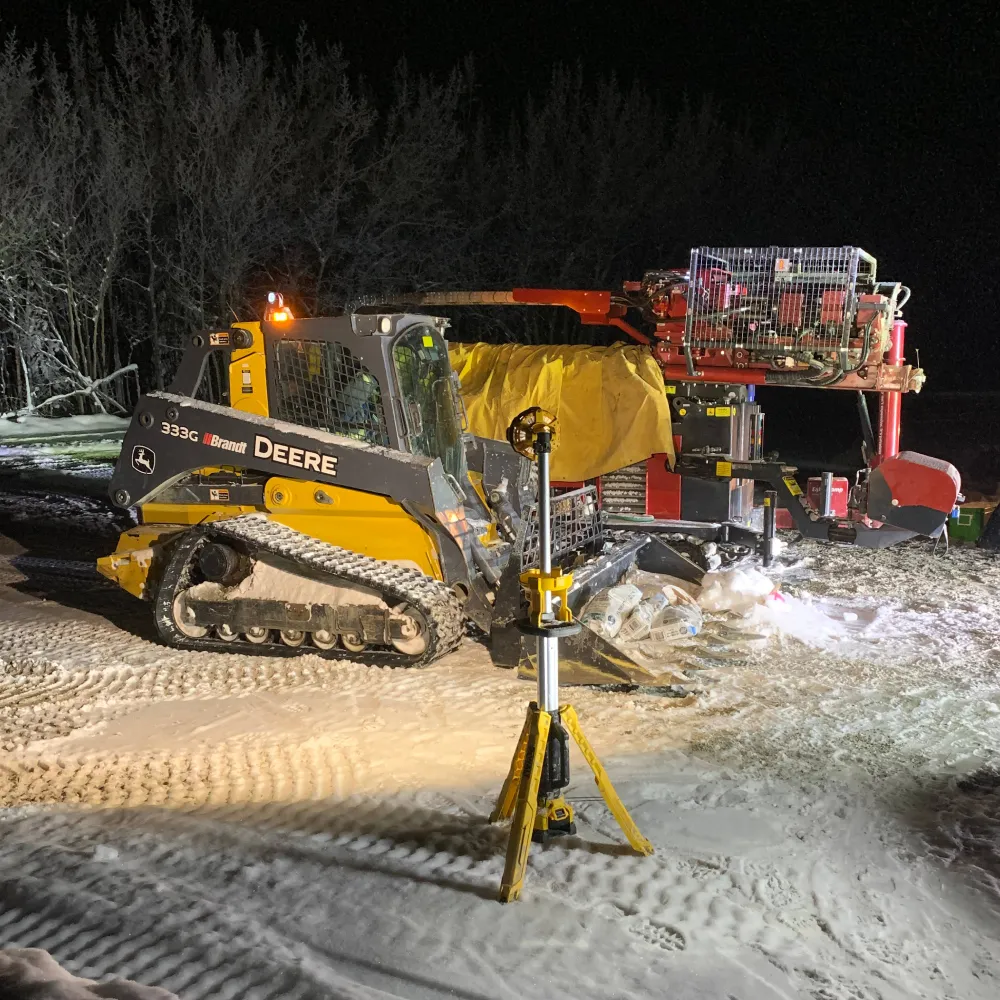Exploration
Services As Explanation
Discover and evaluate mineral, oil, or gas deposits beneath the Earth's surface.

Explanation
Exploration drilling is a crucial method used to discover and evaluate subsurface mineral, oil, and gas deposits. Geologists and mining engineers conduct exploration drilling to extract core samples that provide insights into the composition, quantity, and quality of underground resources. This data is essential for assessing the economic feasibility of mining projects, determining resource reserves, and planning efficient extraction methods. Exploration drilling utilizes various techniques, including diamond drilling, reverse circulation drilling, and percussion drilling, depending on the depth and geological complexity of the target area.
Benefits
Exploration drilling plays a pivotal role in resource exploration and development by providing accurate information about potential mineral and energy reserves. This data enables mining companies and investors to make informed decisions about investing in and developing mining projects. By identifying viable resource deposits, exploration drilling supports economic growth, job creation, and energy security. Additionally, exploration drilling contributes to scientific research and understanding of Earth's geological processes, aiding in environmental management and sustainable resource utilization strategies.
